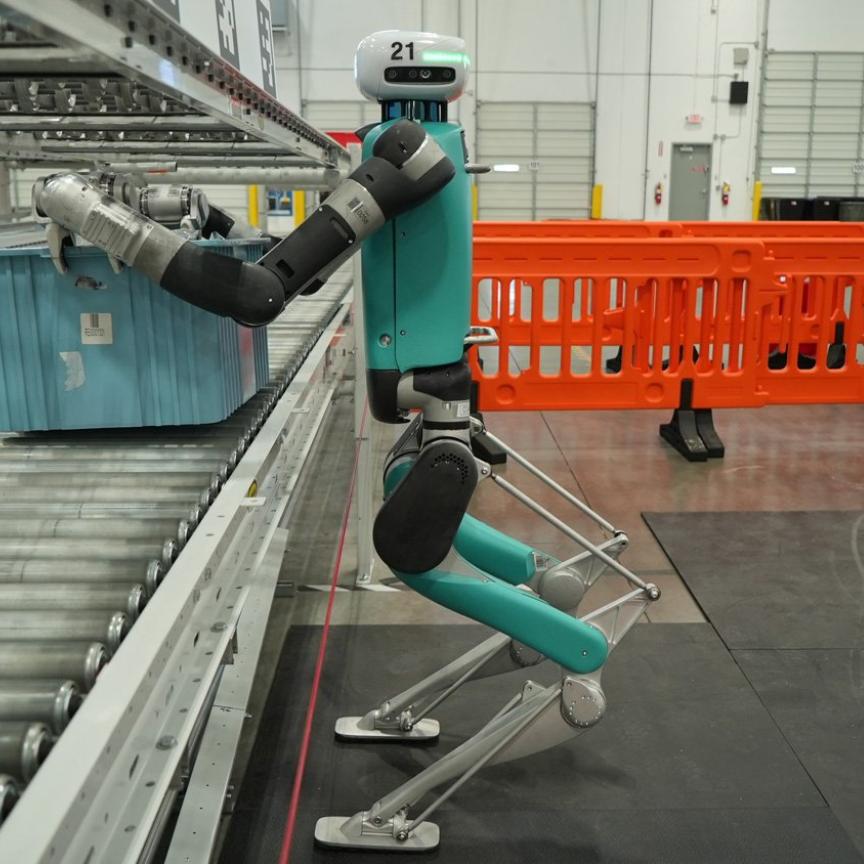The Engineering and Physical Sciences Research Council (EPSRC) has established two programme grants worth a total of £10.8 million to support major robotics research projects featuring machine vision and sensor technology.
A team at Imperial College London will be using the funding to develop advanced surgical micro-robotics, while researchers at the University of Manchester will design and produce robotics technologies capable of operating autonomously within hazardous radioactive environments.

Researchers at the University of Manchester will use the grant to develop autonomous robots that are able to work collaborativley in hazardous radioactive environments. (Credit: University of Manchester)
With a grant of £6,236,000, the Imperial College London team will establish platform technologies to assist in the development of sophisticated micro-instruments integrated with imaging, sensing and robotic assistance for use in minimally invasive surgery. Particular focus will be given to in-vivo microscopic imaging and sensing, along with intra-operative vision and navigation. Developments such as this will enable a greater capacity to care for the ageing population in their own home.
Funding of £4,650,000 will be used by the University of Manchester – in collaboration with the University of Birmingham and the University of West England – to address nuclear industry challenges by developing new robotics and autonomous systems that are able to operate autonomously and effectively in hazardous radioactive environments. The collaboration will develop robots with improved processing power, sensing and communication equipment. Systems will also be produced to address grasping, manipulation, computer vision and perception challenges
‘This programme of work will enable us to fundamentally improve reliability, availability and serviceability capabilities, allowing technologies to be reliably deployed in to harsh environments, keeping humans away from the dangers of radiation,’ said Professor Barry Lennox, project leader from the University of Manchester. ‘If we are to be realistic about clearing up contaminated sites, then we have to invest in this type of technology.’
Within the next five years the collaboration will be trialling multiple prototype robots to sort and segregate waste materials collaboratively and autonomously in radioactive environments.
Commenting on the grants, Professor Philip Nelson, chief executive of the EPSRC, said: ‘For several decades, EPSRC has been at the forefront of supporting the UK’s research, training and innovation in robotics, automation and artificial intelligence systems. These investments are vital for continuing the pipeline that transforms research into products and services.’
The EPSRC investment encompasses robotics, AI, image and vision computing, smart sensing technology and their associated connectivity with the Internet of Things. The council will also be investing £6.5 million to strengthen and consolidate its existing investments to enhance capabilities and enable collaboration across a common platform within the UK Robotics and Autonomous Systems Network.

